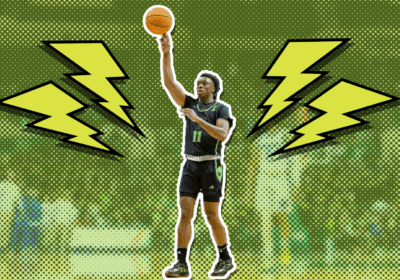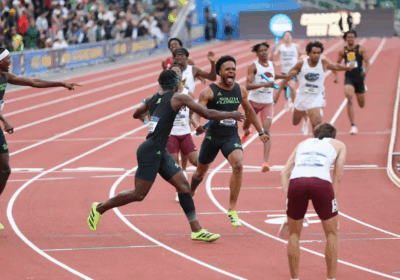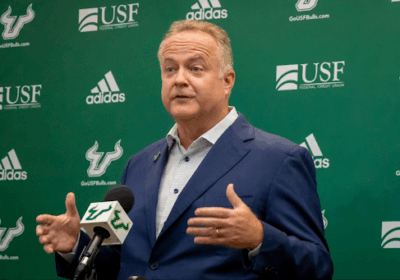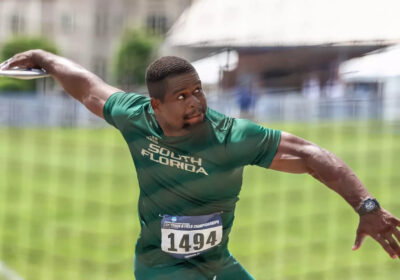USF men’s basketball handling early setbacks ahead of first official practice
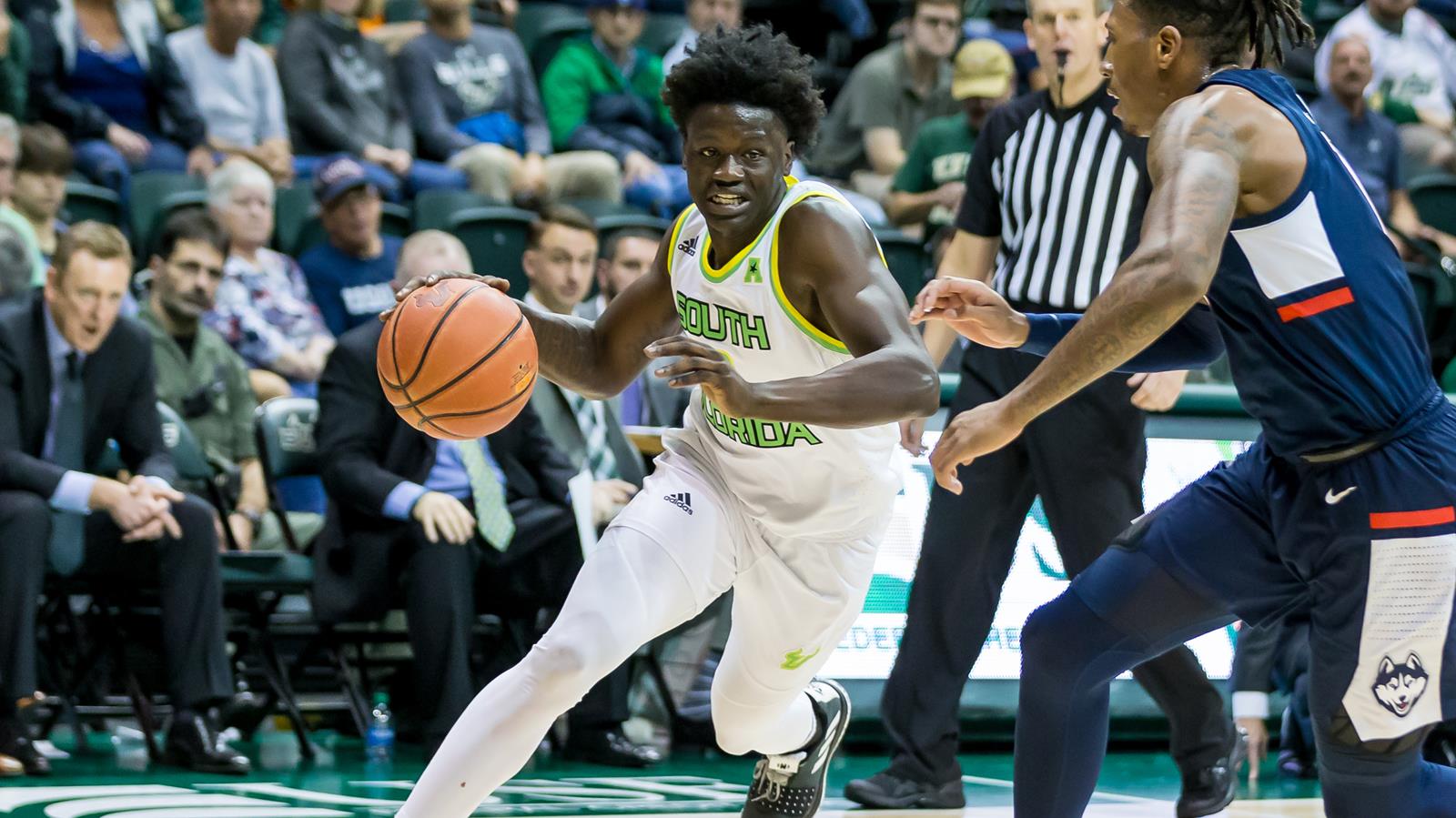
The USF men’s basketball team officially starts practice at the end of the week, but the Bulls have already hit a handful of setbacks in the days and weeks leading up to Friday.
Redshirt junior guard Zack Dawson has decided to opt out of the upcoming season due to COVID-19. As with any other athlete who chooses not to participate, this year won’t count against Dawson’s eligibility.
“Full support of that,” coach Brian Gregory said Tuesday. “He’s done a great job in classes over the summer, he’s doing a great job this fall … we’ll obviously continue to take care of him when it comes to the academic piece.”
Last season, Dawson played in 29 games, starting 17. He averaged 6.6 points per game but scored a career-high 18 points in a 60-58 win over Florida Atlantic on Dec. 29.
With the departure of former starter Laquincy Rideau, Dawson was expected to compete for the starting role.
For Gregory, he’s down a player, but it’s also a next-man-up scenario heading into the season. Sophomore guard Xavier Castaneda is now the prime candidate to fill Rideau’s role.
“With Castaneda … he started so much the last year and we had to kind of move Q [Rideau] off the point, they kind of shared those duties,” Gregory said.
Another consideration is freshman Caleb Murphy, who came out of Grayson High School as a four-star recruit.
“Caleb Murphy is more than capable of playing that position as well,” Gregory said.
To USF’s advantage, the team has multiple “push guys” who can fill the guard position alongside senior David Collins. That adds depth and opportunities to switch up the Bulls’ style of play, according to Gregory.
“That gives us more diversity in what we’re trying to get done,” he said. “We’ll have much more versatility in our offense when it comes to that.”
As it’s been seen with college football, depth is key when it comes to playing sports in the era of COVID-19. It’ll be an asset to USF as it navigates the 20-game, double round-robin conference schedule, which the AAC said will begin in mid-December.
In addition to league opponents, Gregory said he had a planned list of top nonconference matchups this season. That’s since changed significantly due to the virus.
“I’ll be honest with you, we don’t have our nonconference schedule done yet.
“We had games scheduled with the ACC, Pac-12, two SEC teams, a Big Ten team [and] a Big East team … all this year … gone,” he said, throwing his hands up in the air.
Despite having the nonconference schedule all but dissolve, Gregory is doing what he can to salvage it. The conference slate is still not set, which makes repairing the nonconference schedule even more difficult.
“We’re trying to keep at least two or three of those Pac-12, Big Ten, SEC-type games,” he said. “I do know we’re going to play two conference games in December, which is different, but we don’t have that set either, so it’s hard to figure the games around those.
“So it’s been an interesting dance.”
Gregory admitted the nonconference schedule may not be completed for the “next couple of weeks,” but that means the focus is on developing his team further.
Of course, the football season has shown that games are not guaranteed to be played and players are not promised to participate. That’s why focusing on the core goal of the program, despite setbacks, is key, Gregory said.
“You can talk about this with any sport, but you’ve got to go back to your core goal, your No. 1 goal,” Gregory said. “Our No. 1 goal is to be better today than we were yesterday … no outside situation can change that, and that means if you only got six guys in practice you’ve got to still find a way to get better today.”


